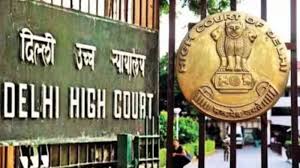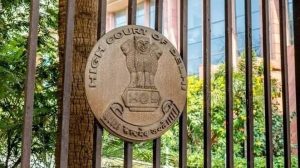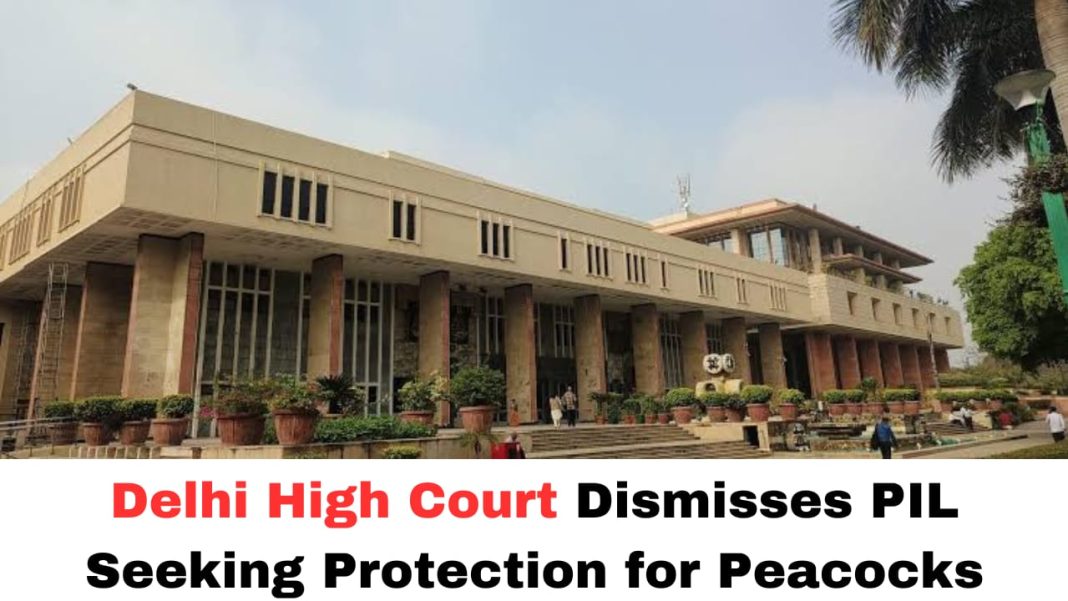Digital News Guru New Delhi Desk:
On April 9, 2025, the Delhi High Court dismissed a Public Interest Litigation (PIL) filed by the non-governmental organization (NGO) Save India Foundation, which sought the formulation of regulations to protect peacocks from electrocution due to exposed electrical installations in the capital. The bench, comprising Chief Justice Devendra Kumar Upadhyaya and Justice Tushar Rao Gedela, emphasized that the court cannot legislate or create laws, advising the petitioner to approach the appropriate authorities for such matters.
Background of the Case
The Save India Foundation highlighted a pressing concern regarding the safety of India’s national bird, the peacock. The NGO pointed out that distribution companies (DISCOMs) have negligently left electric poles and wires unprotected, leading to frequent incidents where peacocks suffer fatal electrocutions. The petitioner argued that there is a lack of specific regulations to protect peacocks from such hazards and accused DISCOMs of failing to insulate electrical installations adequately.

In their plea, the NGO emphasized the cultural and ecological significance of peacocks, noting that their declining numbers could indicate broader environmental concerns, including pollution and habitat destruction. The petition underscored the absence of standard operating procedures or protocols to ensure the safety of these birds and called for the establishment of guidelines to prevent further fatalities.
‘Sympathy, Not Jurisdiction’: Delhi HC Dismisses PIL on National Bird Safety
The division bench expressed displeasure over the hasty filing of the PIL, noting that the petitioner had submitted a representation to various departments, including the Department of Forests & Wildlife and the Secretary of Power, on April 3, 2025. The court questioned the rationale behind filing the petition without allowing sufficient time for the authorities to respond, stating, “We don’t encourage such matters. We may have sympathy with your cause but we cannot appreciate filing of petitions like this.”
The bench further emphasized that the appropriate course of action would be to await a response from the relevant authorities or their failure to act before seeking judicial intervention. The court underscored that it is not within its purview to legislate or frame regulations, advising the petitioner to approach the legislature if there is no existing law addressing the issue. The Chief Justice remarked, “Then approach the legislature if there is no law. What is this kind of an argument? We cannot legislate. We cannot frame any regulation.”

Consequently, the court dismissed the petition but granted the petitioner the liberty to make a representation to the appropriate authorities within two weeks, to be decided as per law. The bench reiterated that there is a whole system in place for addressing grievances and that only in cases of failure on the part of authorities should the court be approached.
Implications and Reactions
The dismissal of the PIL highlights the judiciary’s stance on the separation of powers, reaffirming that the creation of laws and regulations falls within the domain of the legislative and executive branches of government. While the court acknowledged the importance of the issue raised, it maintained that the proper channels must be pursued to effectuate change.
Environmentalists and wildlife conservationists have expressed concern over the court’s decision, emphasizing the urgent need for protective measures to safeguard peacocks from electrocution hazards. They argue that the absence of specific regulations leaves these birds vulnerable and that immediate action is necessary to prevent further fatalities.
On the other hand, legal experts have pointed out that the court’s decision aligns with the principle of judicial restraint, ensuring that the judiciary does not overstep its constitutional boundaries. They suggest that the petitioner’s approach to the appropriate authorities is the correct course of action and that sustained advocacy is essential to bring about the desired regulatory changes.

Conclusion
The Delhi High Court’s dismissal of the PIL filed by the Save India Foundation underscores the importance of following due process and engaging with the appropriate governmental bodies to address environmental and wildlife protection concerns. While the court recognized the significance of the issue, it reiterated that the formulation of regulations is beyond its jurisdiction. The onus now lies with the petitioner and other stakeholders to engage with the legislative and executive branches to advocate for the necessary protections for India’s national bird.
You May Also Read: Delhi Scorches Early: April Heatwave Hits 41°C








